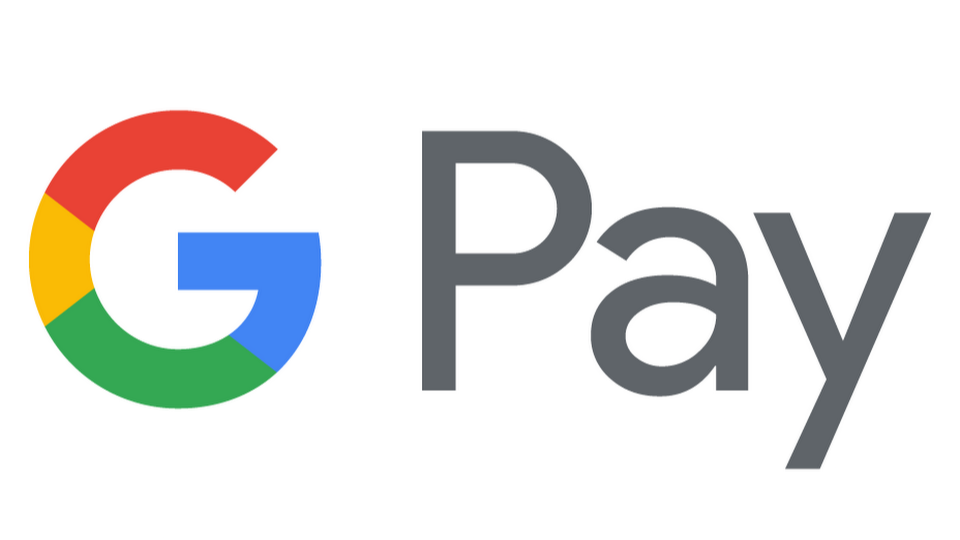Some people in financial services are “comfortable” with traditional methods and need some convincing to adopt API solutions, according to Samuel van Niekerk, head of operations at Standard Bank Group.
Speaking about the bank’s adoption of APIs under the Banking Industry Architecture Network (BIAN) framework, van Niekerk said that it can take time for people to get on board with the adoption and implement an external marketplace for their APIs.
“One of the complexities you will face if you are only just starting out on the journey is this notion of people being comfortable in the traditional way of doing things and being very protective of how to get our products out there,” van Niekerk said at the BIAN banking summit on Wednesday. “You need to get them to step over the line and realise that you need to get into this world of being API-led and you need to get yourself ready for embedded finance and Open Banking and be ready to put yourself out there.”
He added that it took “some time” to get the bank’s developers behind BIAN, but once they realised the benefits such as the organisation and scalability, they enjoyed the journey and found it expanded their skill set.
BIAN, which was established in 2008, is a collaborative not-for-profit global network made up of banks, tech providers, consultants, and academics. The organisation aims to establish and promote a common framework for banking interoperability issues.
The board of Standard Bank has come round to the idea of the API marketplace and is increasingly interested in the development of APIs, van Niekerk said.
The head of operations revealed that in the past two meetings, board members have been asking for progress made in embedded finance and how the bank is connected to other services beyond banking in order to remain relevant.
Van Niekerk said that 99 per cent of large and medium-sized businesses use APIs and around 30 per cent of financial institutions offering APIs generate around a quarter of their revenue from them.
“It is a multi-year task and takes investment to get over the line to be core API-led,” van Niekerk said. “APIs are evolving and people are beginning to realise that being bespoke is crucial.”
Latest News
-
Gemini to cut quarter of workforce and exit UK, EU and Australia as crypto slump forces retrenchment
-
Bank ABC’s mobile-only ila bank migrates to core banking platform
-
Visa launches platform to accelerate small business growth in US
-
NatWest to expand Accelerator programme to 50,000 members in 2026
-
BBVA joins European stablecoin coalition
-
eToro partners with Amundi to launch equity portfolio with exposure to ‘megatrends’
Creating value together: Strategic partnerships in the age of GCCs
As Global Capability Centres reshape the financial services landscape, one question stands out: how do leading banks balance in-house innovation with strategic partnerships to drive real transformation?
Data trust in the AI era: Building customer confidence through responsible banking
In the second episode of FStech’s three-part video podcast series sponsored by HCLTech, Sudip Lahiri, Executive Vice President & Head of Financial Services for Europe & UKI at HCLTech examines the critical relationship between data trust, transparency, and responsible AI implementation in financial services.
Banking's GenAI evolution: Beyond the hype, building the future
In the first episode of a three-part video podcast series sponsored by HCLTech, Sudip Lahiri, Executive Vice President & Head of Financial Services for Europe & UKI at HCLTech explores how financial institutions can navigate the transformative potential of Generative AI while building lasting foundations for innovation.
Beyond compliance: Building unshakeable operational resilience in financial services
In today's rapidly evolving financial landscape, operational resilience has become a critical focus for institutions worldwide. As regulatory requirements grow more complex and cyber threats, particularly ransomware, become increasingly sophisticated, financial services providers must adapt and strengthen their defences. The intersection of compliance, technology, and security presents both challenges and opportunities.
© 2019 Perspective Publishing Privacy & Cookies














Recent Stories